Available Incentives
At the Frisco EDC, job number one is facilitating the creation of jobs, as the Frisco EDC’s mission is to improve the economic opportunities and quality of life for all Frisco residents. The Frisco EDC has facilitated major economic development projects, resulting in hundreds of projects and thousands of jobs in the City of Frisco.
The Frisco EDC, the State of Texas and the United States Federal Government offer a variety of economic incentives to qualified companies wishing to relocate to or expand. Incentive agreements with the Frisco EDC are developed on a case-by-case basis and are subject specific qualification criteria, conditions and requirements detailed within the agreement.
Companies are required to complete the FEDC Economic Impact Survey below to be qualified and considered for an Economic Incentive Proposal. FEDC staff completes an Economic Impact Analysis to determine the projected economic impact the project will bring to the City of Frisco. Staff will then prepare an Economic Incentive Proposal. All incentive agreements are subject to approval by the Frisco EDC’s Board of Directors.
For projects creating primary jobs, please complete the Frisco EDC Jobs-Based Economic Impact Survey below.
For infrastructure-based projects, please complete the Infrastructure Economic Impact Survey below.
Please contact the Frisco EDC at 972-292-5150 or info@friscoedc.com with any questions.


